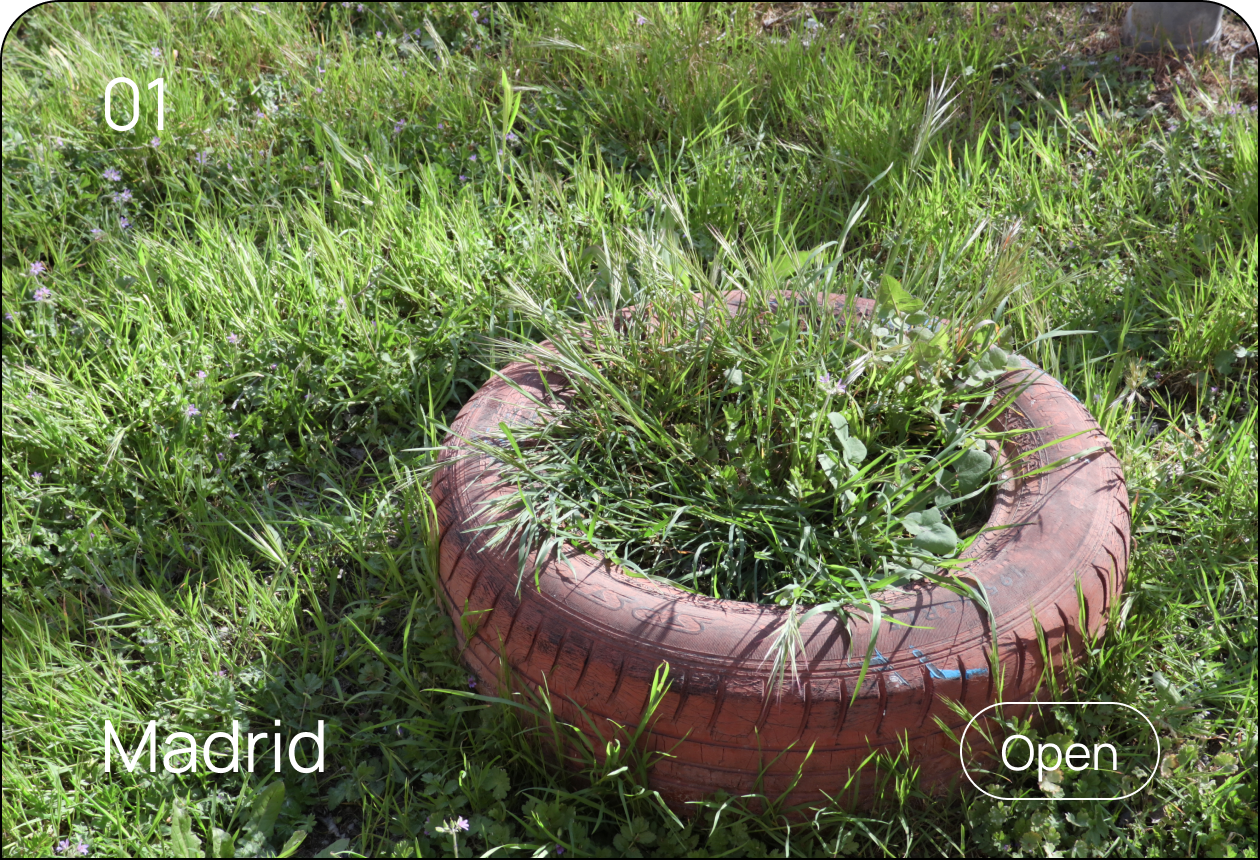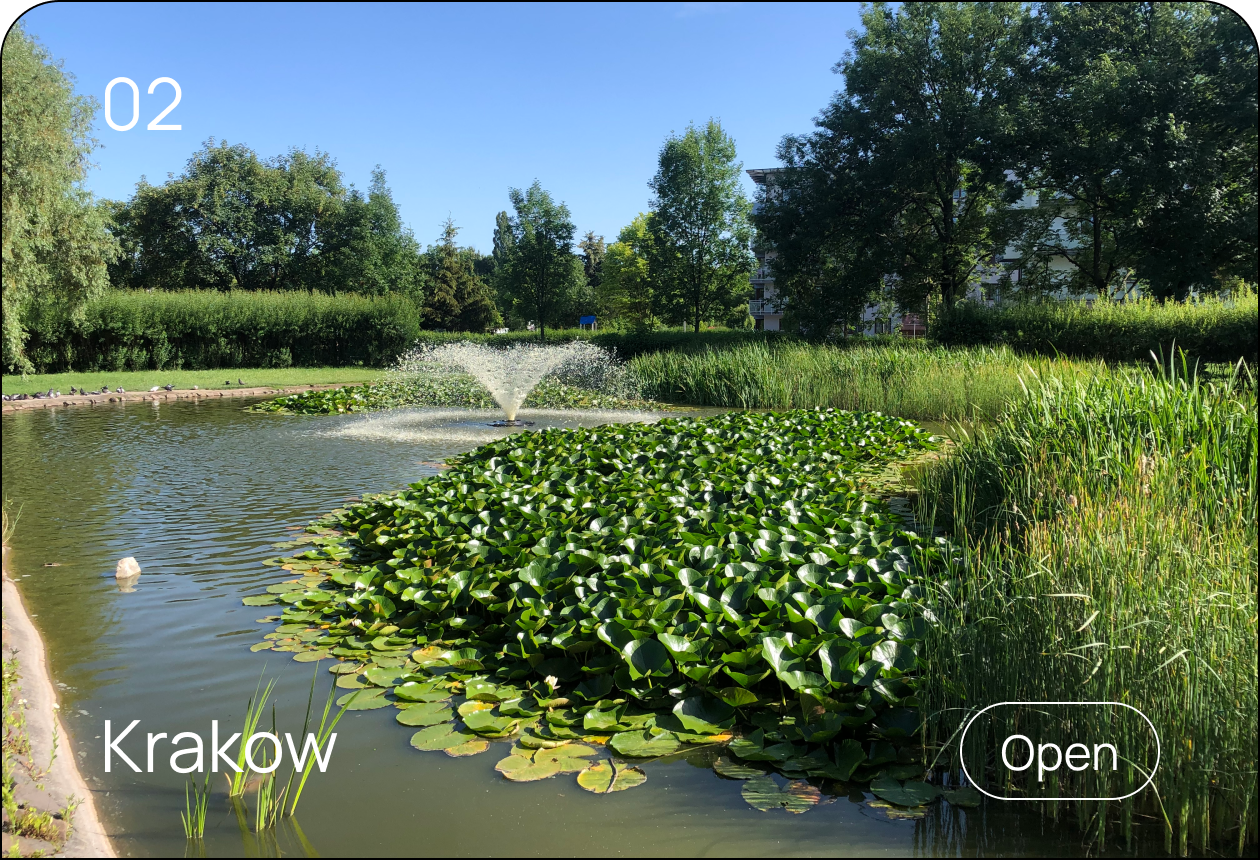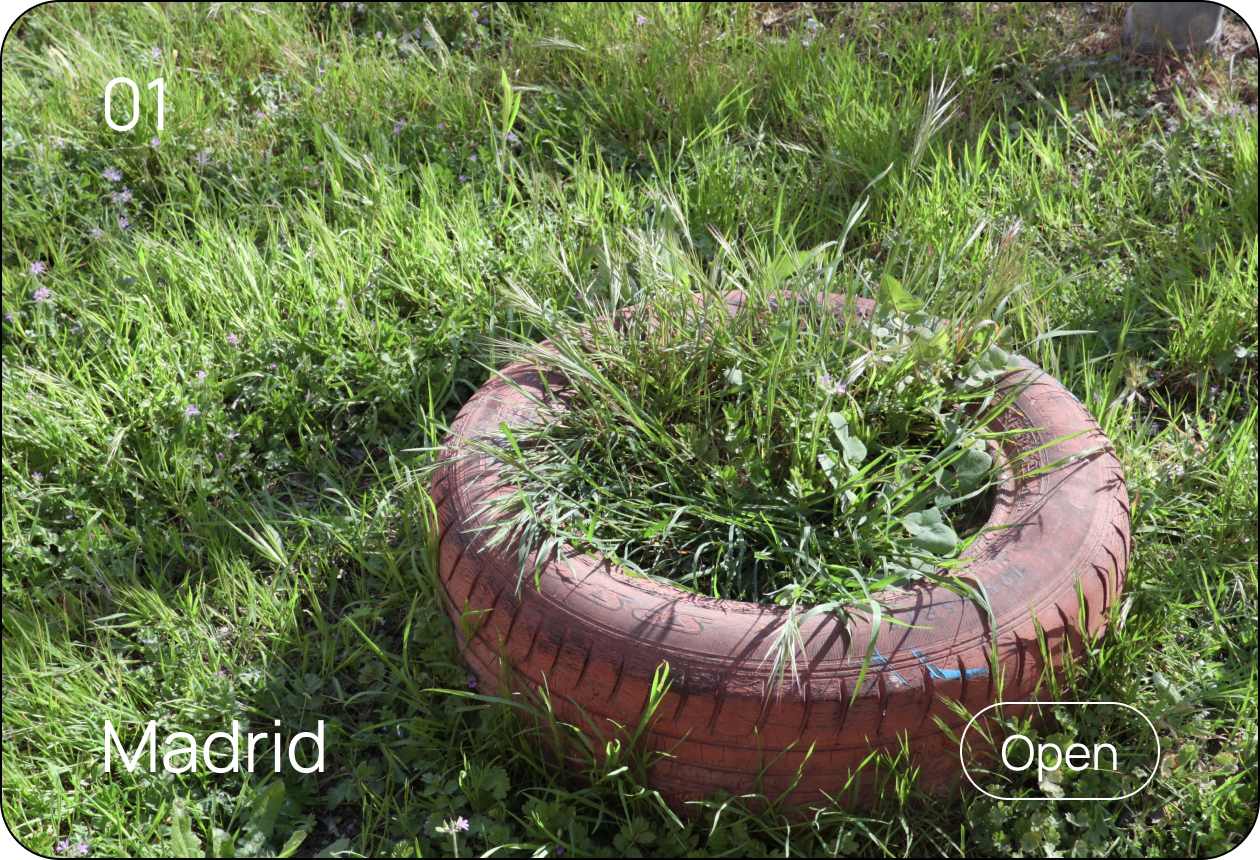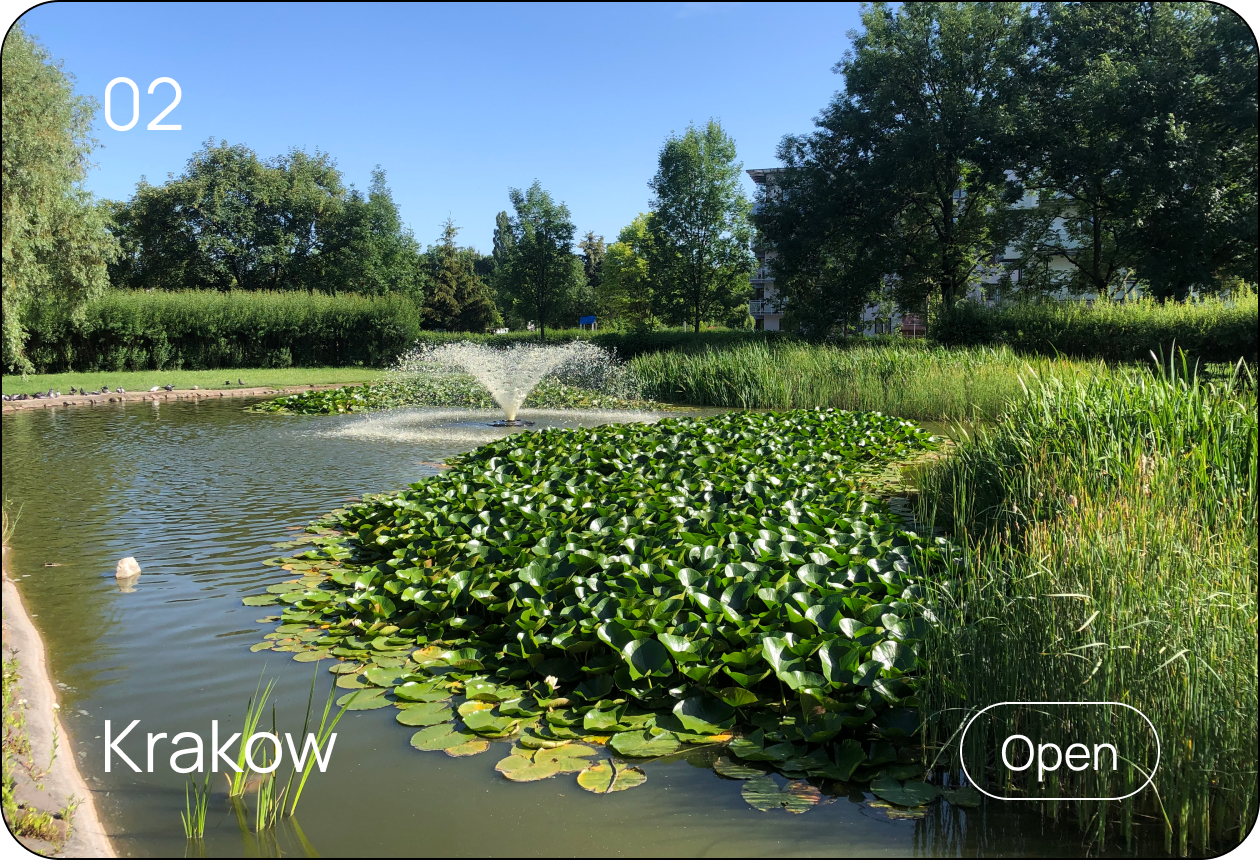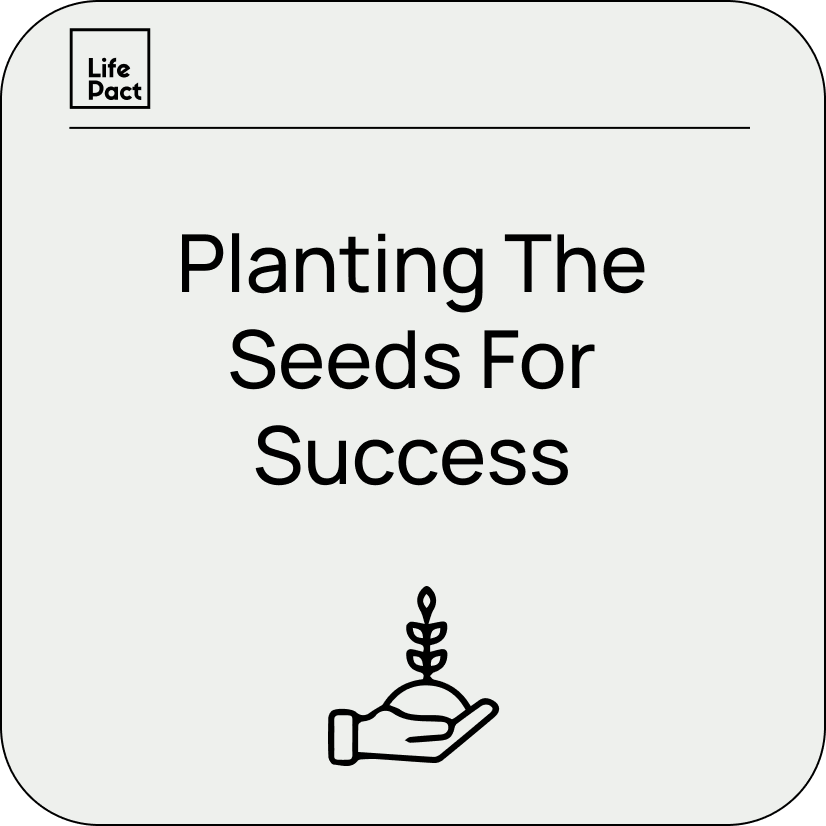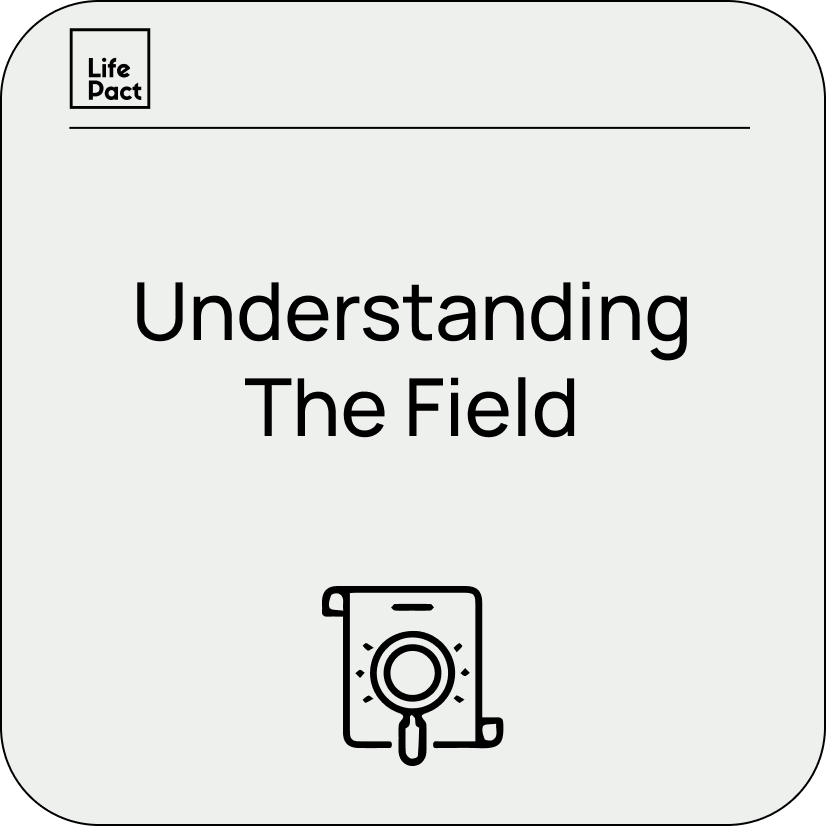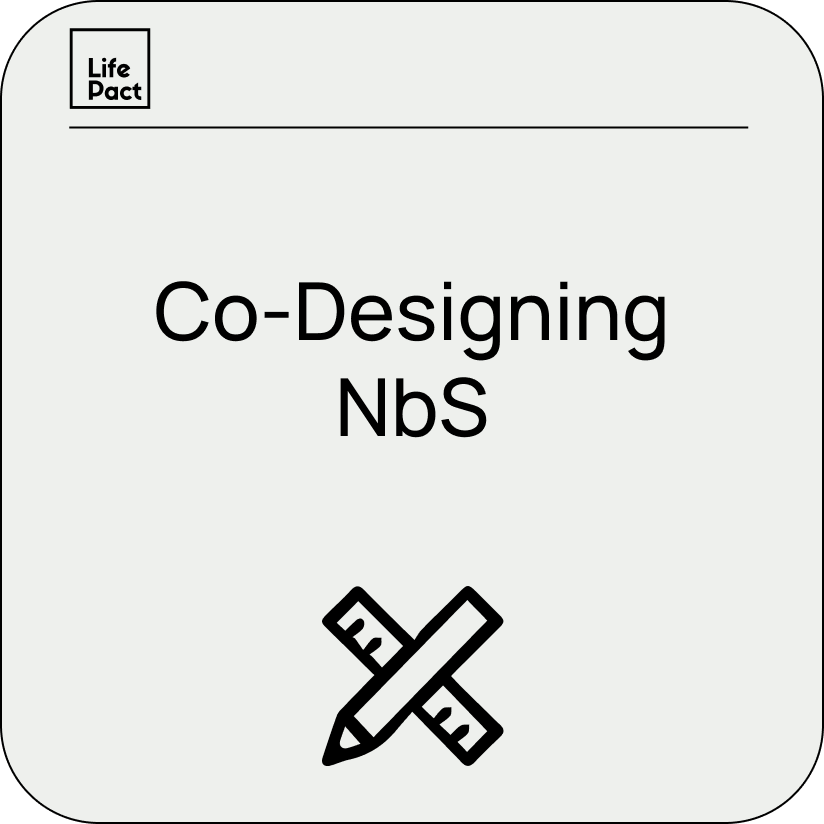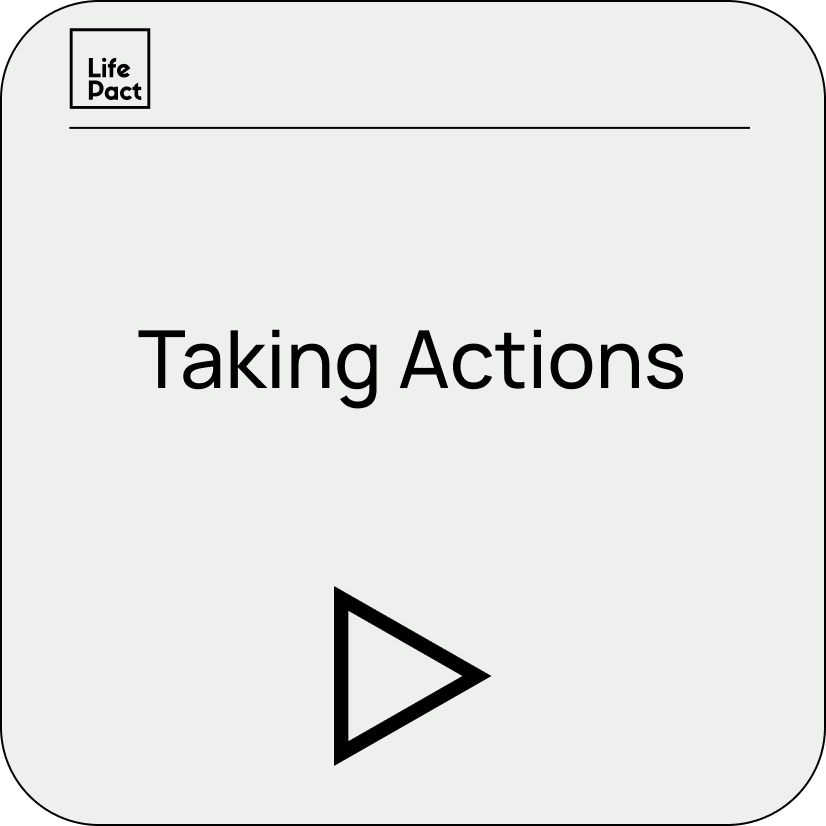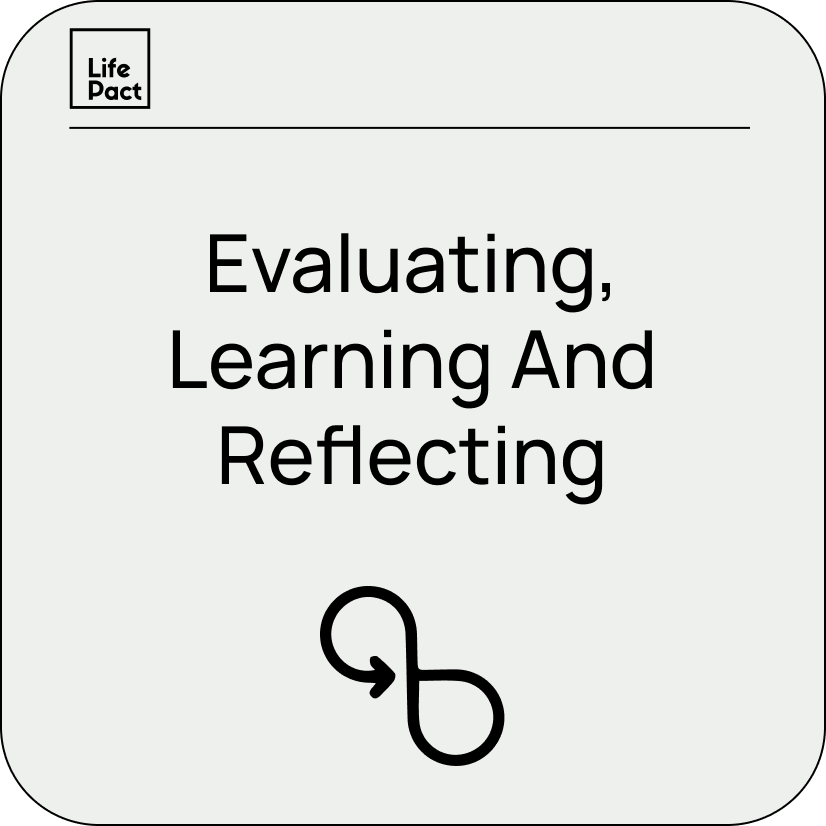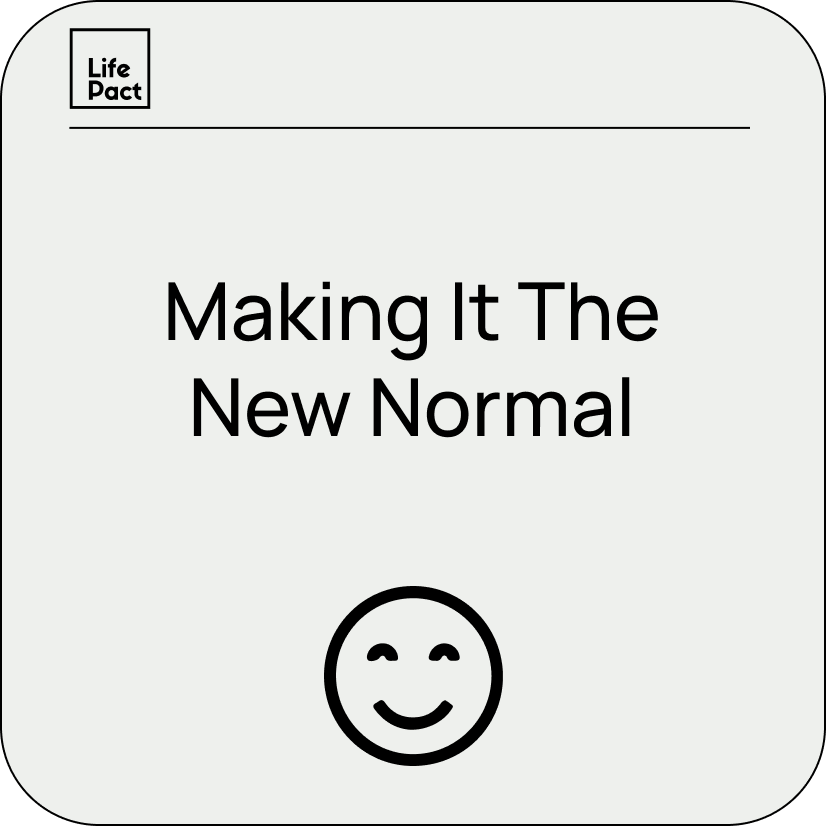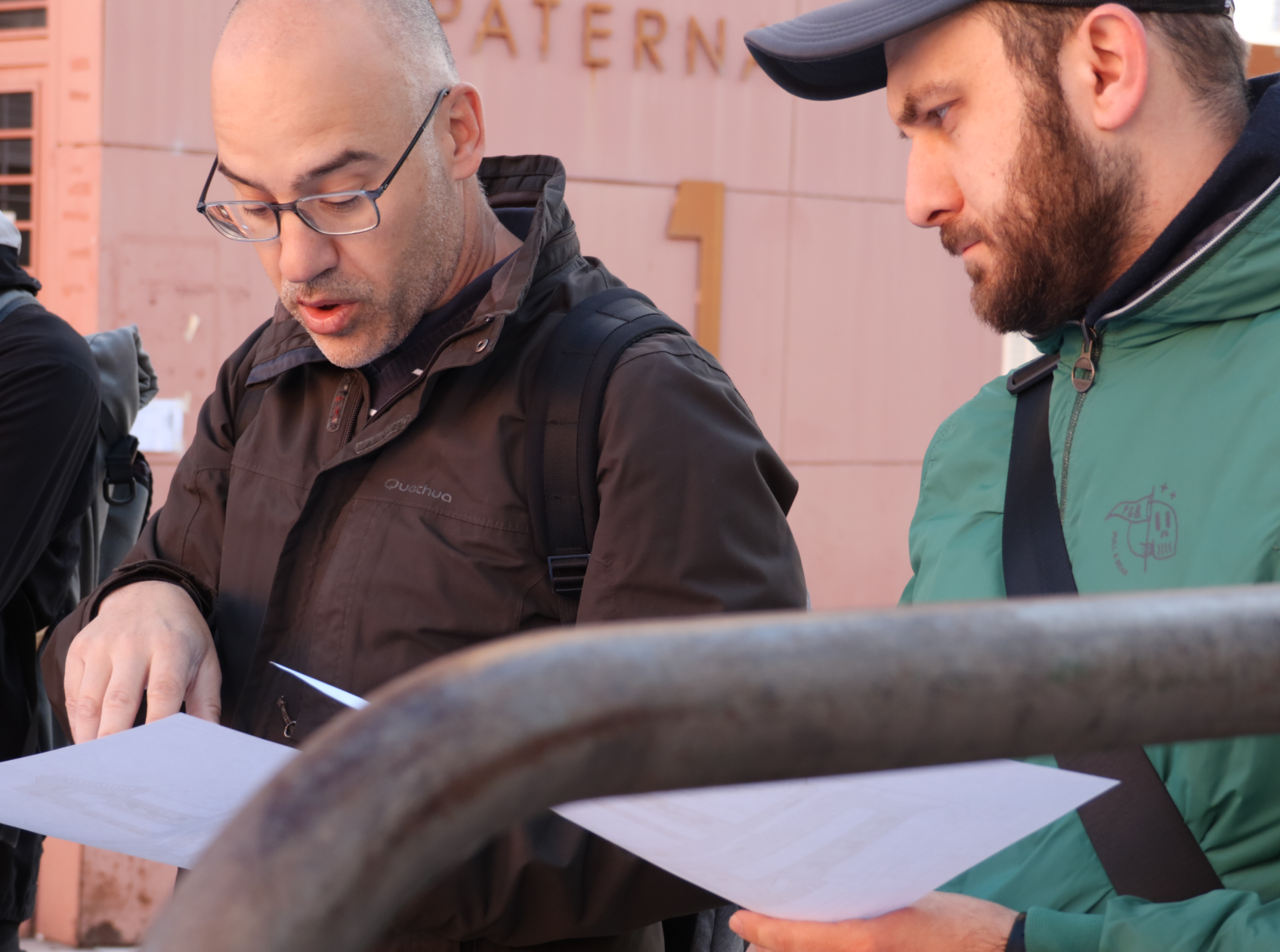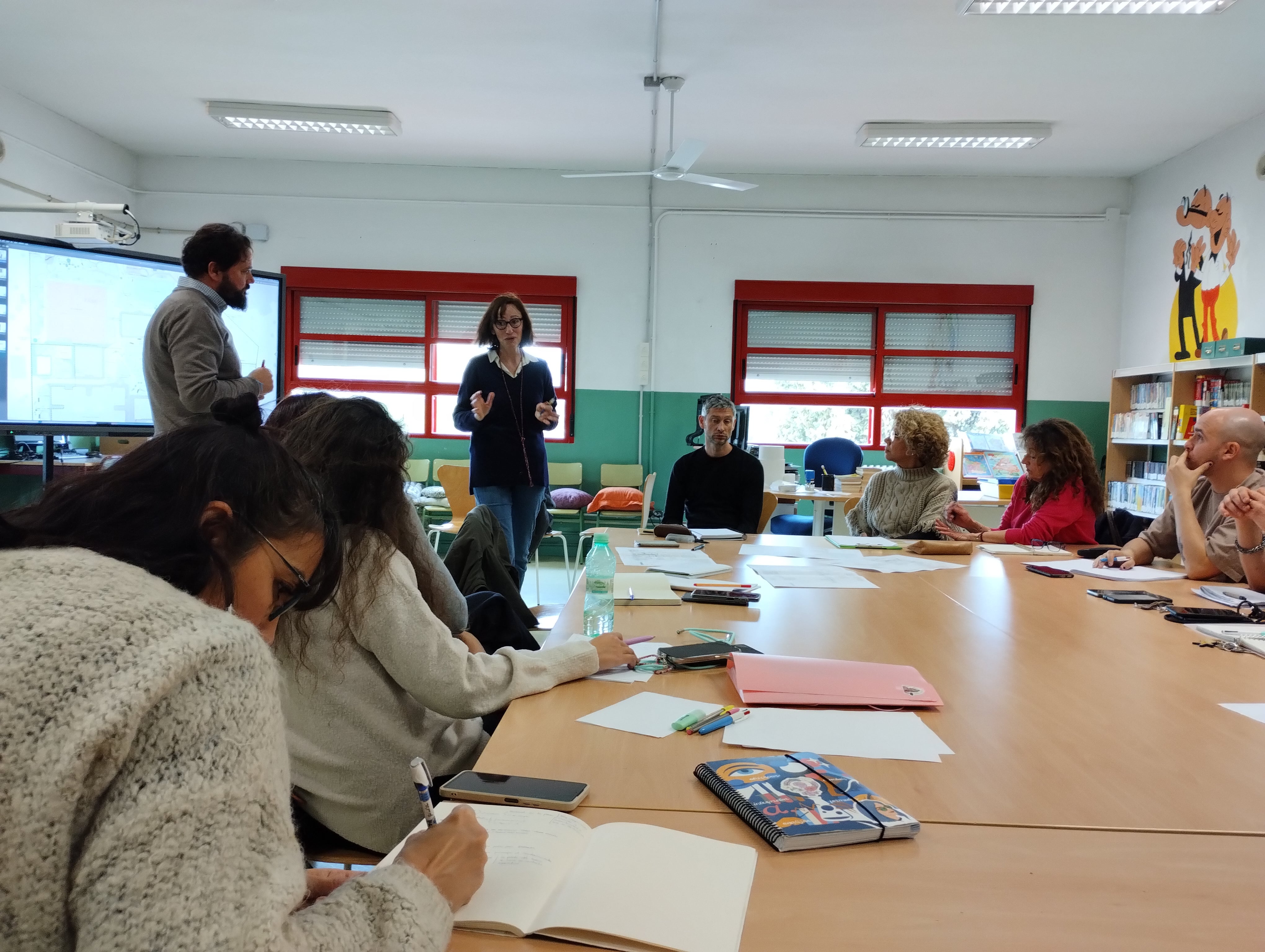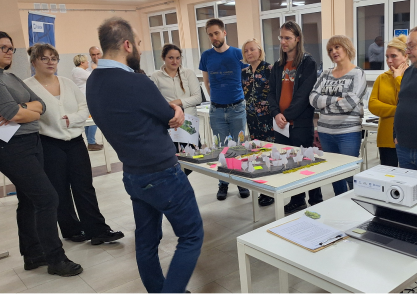Within Life PACT, Madrid is working in the San Cristobal neighbourhood, part of the Villaverde District. In response to the socio-economic complexity of the area, Madrid decided to develop a tailored co-design methodology with local partners to address challenges identified in participatory urban design and planning. The selected sites include a primary school-yard, a neighbouring street and the outdoor spaces in the adjacent residential area.
The main objectives are to increase green stock and refurbish public spaces to improve microclimatic conditions, increase biodiversity and create diverse, inclusive, and health-promoting areas, eventually enhancing the quality life of residents. At the same time, through innovative and collaborative practices, the aim is to increase efficiency and reduce long-term NBS system maintenance and operation costs.
Working with municipal interdepartmental teams as a living lab, these new formulas will be reviewed at the micro-scale with a view to scaling-up across the whole city.
